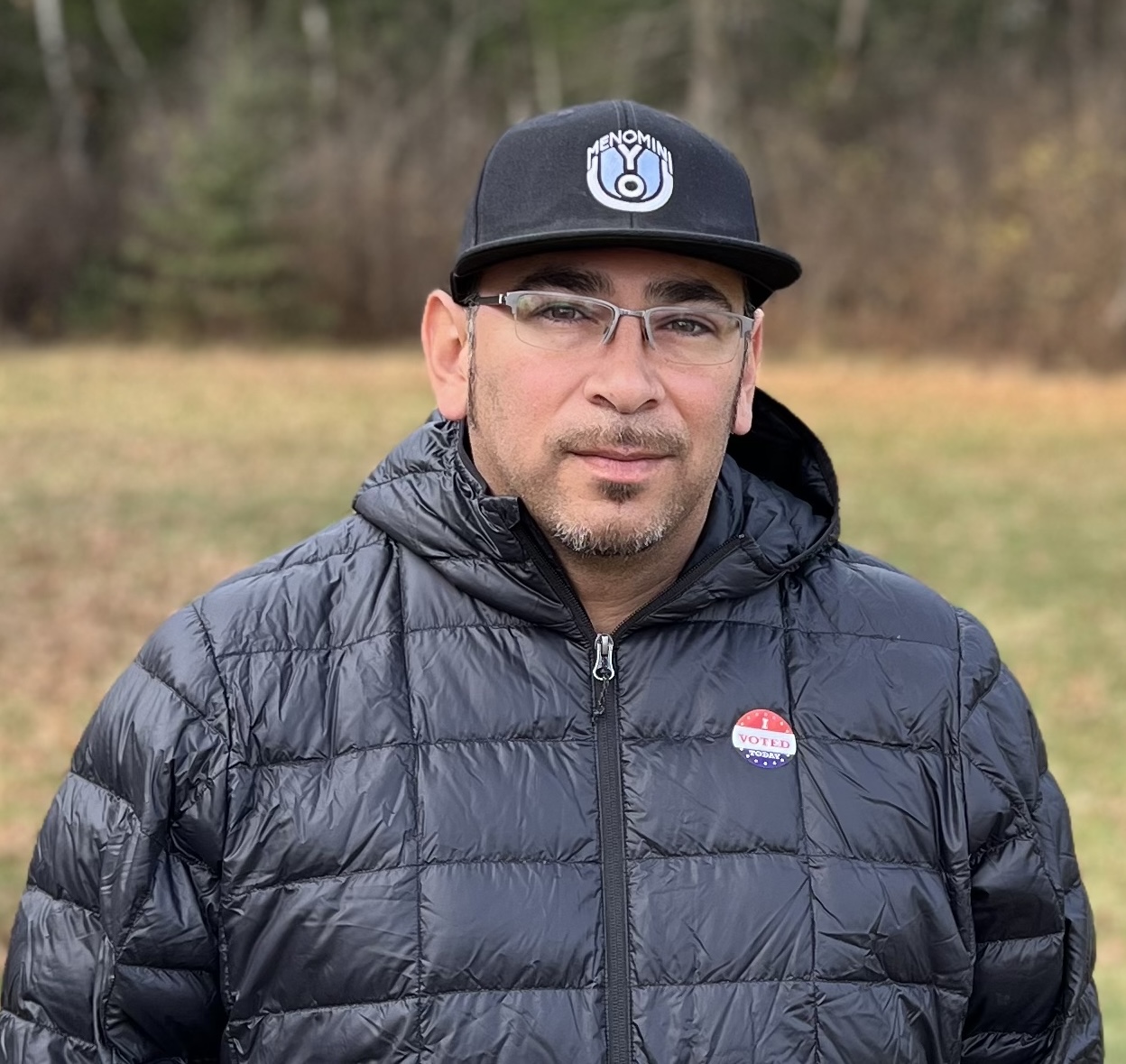
- Details
- By Burton W. Warrington
Editor's Note: As dual citizens of our tribal nations and the United States, we get to vote today. Attorney Burton W. Warrrington voted and shared why he feels today's election is of utmost importance in Wisconsin where resides. We at Native News Online believe voting is important. We gladly share Mr. Warrington's reasons for voting.
Guest Opinion. Five Reasons I Voted Today:
- Voting is an opportunity to help choose who will make and interpret laws and policies that impact each of our lives. As Native people, we have not always had the opportunity to vote but today we do. It is not a perfect or ideal system but today it is what it is. Think your vote won’t matter or these elections won’t impact you - read 2-4 then ask yourself again.
- In many states the tribal vote can and has influenced elections. In Wisconsin for example the recent margins of victory have been razor thin and the tribal vote matters a lot to the outcome of the statewide elections. For example, the recent margins of victory were Trump vs Clinton 2016 – decided by 22,748 votes, Evers vs Walker 2018 – decided by 29,277 votes, Biden vs Trump 2020 – decided by 20,427 votes). With an estimated tribal vote around 70,000, the tribal vote can swing these elections.
- Wisconsin is a prime example of gerrymandering. Republicans in power drew voting district maps that would ensure they would be in control of the Wisconsin Legislature for the foreseeable future. To illustrate how bad the problem is, consider that in 2018 Democrats won 53 percent of the total Assembly votes but Republicans won 63 of the 99 Assembly seats – that doesn’t make sense. The Wisconsin Supreme Court is also controlled by conservative justices. Because of this dynamic Governor Evers (D) is the only thing standing in the way of Republicans in Wisconsin having unchecked power to pass any laws they want. Spoiler alert, if they have the power they will do bad things that will impact women rights, minority rights, environmental rights, jurisdictional rights, and other tribal sovereign rights. A vote for Evers is a vote to keep the system in balance, aside from the fact that Evers has proven to be level headed, respectful and supportive when working with tribal communities.
- This year Mandela Barnes (D) is running against incumbent Sen. Ron Johnson (R) in the US Senate race. Right now, power is split in the US Senate (50-50) which means the Vice President breaks ties. This race may end up deciding who is in power in the US Senate for the next two years. The Senate has many important jobs which are too numerous to list out here but one in particular is influencing my vote – the power to approve federal judges nominated by the President. These federal judges decide many things including Indian law cases that impact us. The recent trend in the federal courts has been a string of anti-tribal decisions and nothing should be considered off limits in the federal court system. The Biden administration needs Democratic control of the US Senate to ensure we get better judges in to balance out the federal court system. A vote for Mandela Barnes is a vote to ensure the federal courts operate as intended, aside from the fact that as Wisconsin’s Lieutenant Governor, he has proven to be level headed, respectful and supportive when working with tribal communities.
- One time I heard something along the lines of “bad stuff happens when good people stand by and don’t do anything.” No one knows for certain how these elections will turn out, but today I know I did my small part in the big effort to support people who I believe will have the most positive impact on my life and the lives of those I care about.
Burton W. Warrington (Menominee, Potawatomi, Ho-Chunk), an attorney, currently serves in a variety of professional roles focusing on the intersection of cultural revitalization, legal, policy, and economic development systems.
Biinjwebinigedaa! - Let’s all Vote!
Help us defend tribal sovereignty.
At Native News Online, our mission is rooted in telling the stories that strengthen sovereignty and uplift Indigenous voices — not just at year’s end, but every single day.
Because of your generosity last year, we were able to keep our reporters on the ground in tribal communities, at national gatherings and in the halls of Congress — covering the issues that matter most to Indian Country: sovereignty, culture, education, health and economic opportunity.
That support sustained us through a tough year in 2025. Now, as we look to the year ahead, we need your help right now to ensure warrior journalism remains strong — reporting that defends tribal sovereignty, amplifies Native truth, and holds power accountable.
 The stakes couldn't be higher. Your support keeps Native voices heard, Native stories told and Native sovereignty defended.
The stakes couldn't be higher. Your support keeps Native voices heard, Native stories told and Native sovereignty defended.
Stand with Warrior Journalism today.
Levi Rickert (Potawatomi), Editor & Publisher

